Fieldwork
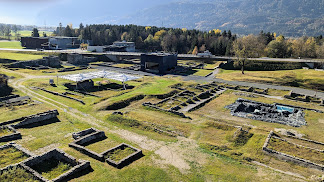
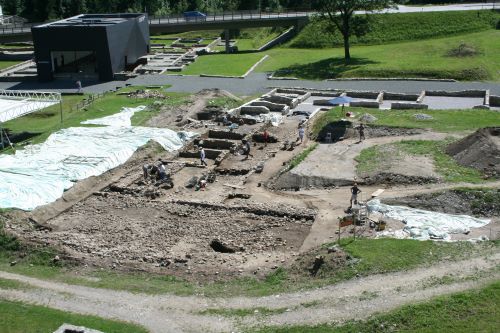
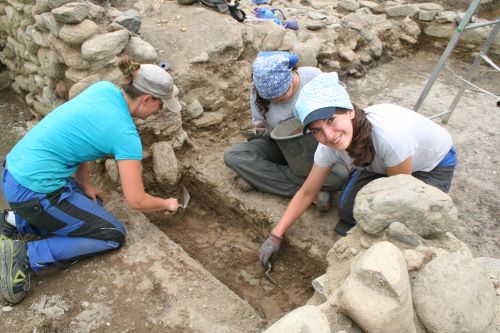
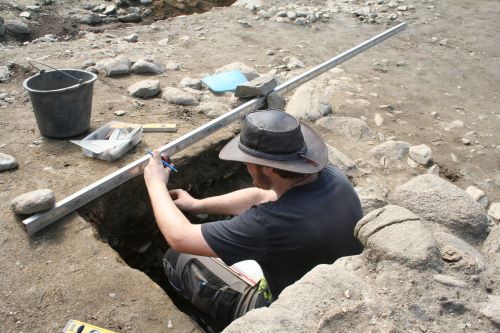
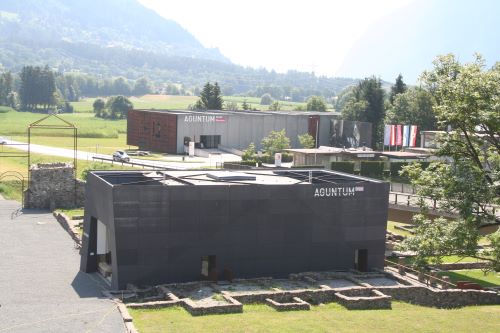
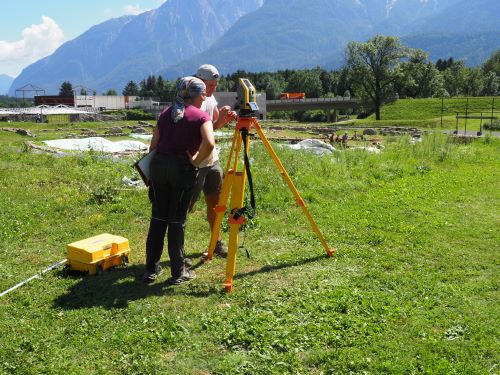
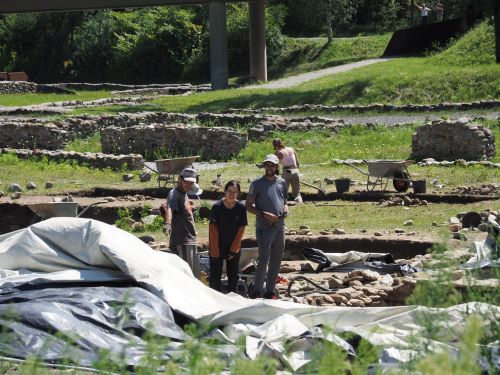
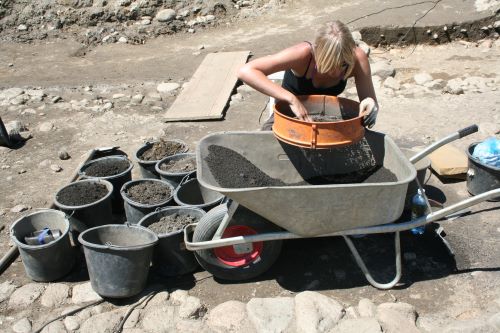

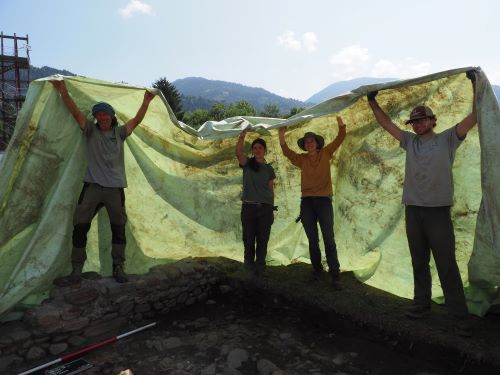
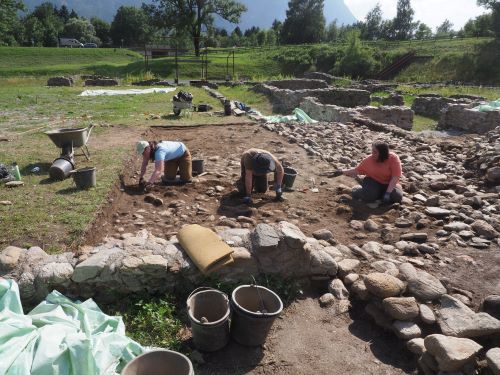
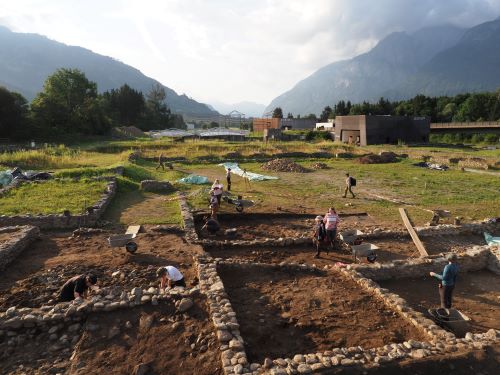
Location: Aguntum, Römerstraße, Dölsach, Austria
Season: July 6, 2025 to August 2, 2025
Application Deadline: April 4, 2025
Deadline Type: Rolling
Website: https://www.fieldsciences.org/program/2025-austria-aguntum/
Discount for AIA members: No
Program Type:
Field School
RPA Certified:
No
Affiliation:
University of Innsbruck (Austria) & Center for Field Sciences (US)
Project Director:
Dr. Martin Auer – Senior Scientist & Aguntum Site Director, University of Innsbruck
Project Description:
The Roman town of Aguntum was rediscovered in the early 20th century. Through decades of research, a Roman domus (private family residence of palatial proportions), impressive thermal baths, city walls, and numerous residential buildings were identified and excavated. Since 2006, ongoing excavations have been focused on the heart of the town—the forum area. The latest findings and analysis of artifacts suggest a flourishing Mediterranean city nestled amidst the Alpine landscape.
A large number of fragmented rock crystals were recovered from the city center. These findings offer insights into an extensive trade network, showcasing Aguntum as the sole known Roman hub for this coveted, high value resource material that were highly desired in ancient times. The presence of these artifacts indicates Aguntum’s status as a pivotal transshipment center, where commerce and cultural exchange converged.
Our research is focused on the social and economic mechanisms that powered this small Alpine town during the years of its existence. What motivated its establishment? How did Aguntum thrived and prospered during the first three centuries CE? Why did Aguntum’s power, trade and commerce declined and what brought to its final demise?
During the 2024 season, students will have the opportunity to participate in excavations within the city center, where they will work on archaeological remains dated to the founding period of Aguntum. Students will also participate in lab work, cleaning, measuring, documenting, and interpreting finds recovered at the site. Lectures and practicums on the latest archaeological excavation methodologies are part of this program, as well as excursions to other important archaeological sites in the area.
Period(s) of Occupation: Roman Period
Notes:
Tuition cost is $4,780; Program awards 8 semester credit units (equivalent to 12 quarter credits units) through our school of record – Culver-Stockton College
Project Size: 1-24 participants
Minimum Length of Stay for Volunteers: Full session
Minimum Age: 18 Years old
Experience Required: None. This is hands-on, experiential learning and students will study on-site how to conduct archaeological research. Field work involves physical work and exposure to the elements and thus requires a measure of understanding that this will not be the typical university learning environment. You will have to work outdoors and will get sweaty and tired. Students are required to come equipped with sufficient excitement and an adequate understanding that fieldwork requires real, hard work, in the sun and wind. The work requires patience, discipline, and attention to detail.
Room and Board Arrangements:
Students will stay at the Aguntum field house (“Grabungshaus”), constructed in 1999 a walking distance from the site. The house offers bedrooms with 4 beds each, with shared showers and a kitchen. Additionally, there is a common room adjacent to the kitchen, and amenities such as a washing machine, laundry racks and WiFi.
Breakfast and lunch are provided at the excavation house. Food items for these meals are provided by the project. Dinner will take place at the restaurant next to the excavation house and cost will be covered by the project. If weather permits, there will also be a communal barbecue at the garden of the “Grabungshaus” once a week.
Academic Credit:
Program awards 8 semester credit units (equivalent to 12 quarter credits units) through our school of record – Culver-Stockton College
Dorian Chee
5335 W Adams Blvd #106
Los Angeles
CA
90016
U.S.
Phone: (562) 584-0761
The AIA is North America's largest and oldest nonprofit organization dedicated to archaeology. The Institute advances awareness, education, fieldwork, preservation, publication, and research of archaeological sites and cultural heritage throughout the world. Your contribution makes a difference.
Notifications